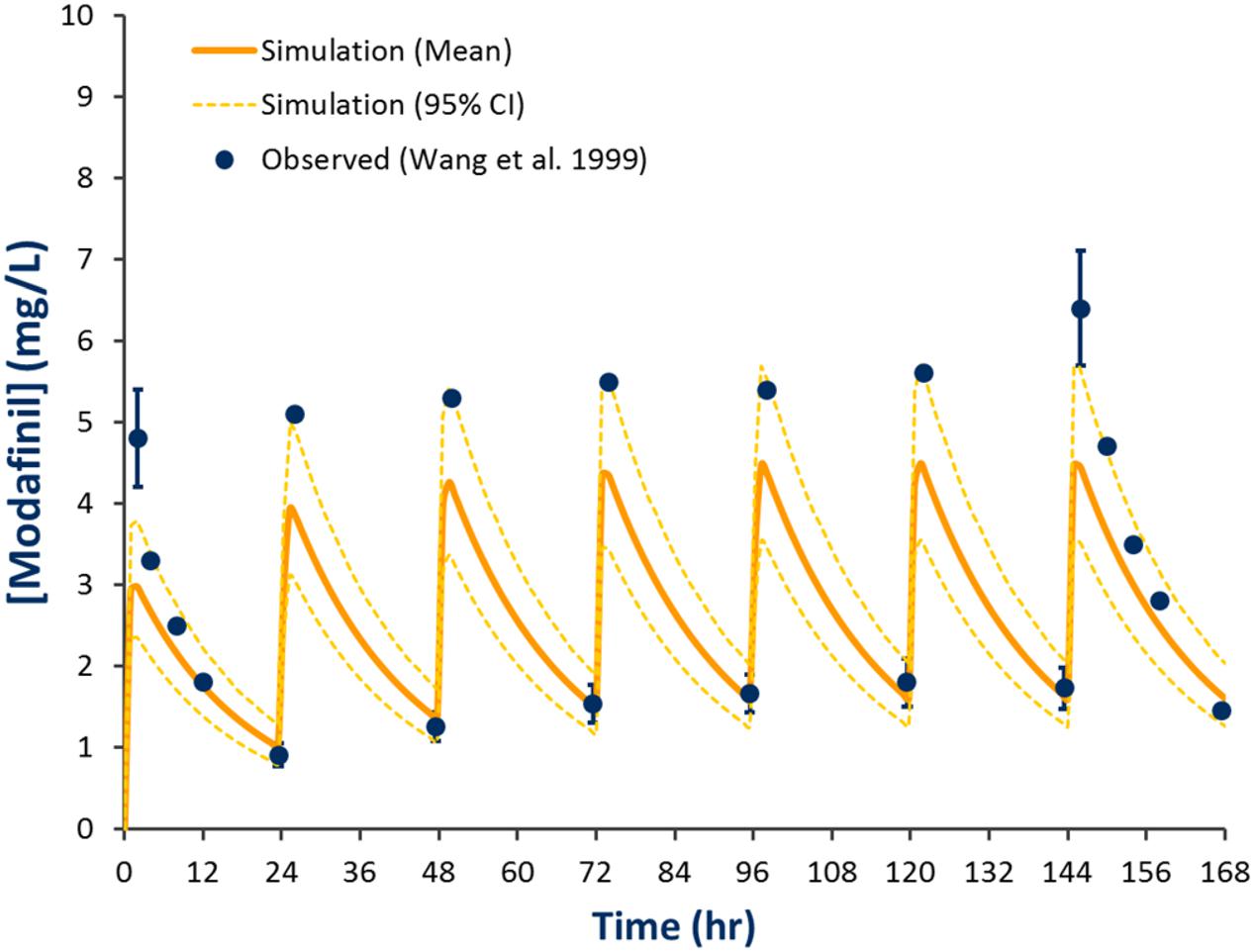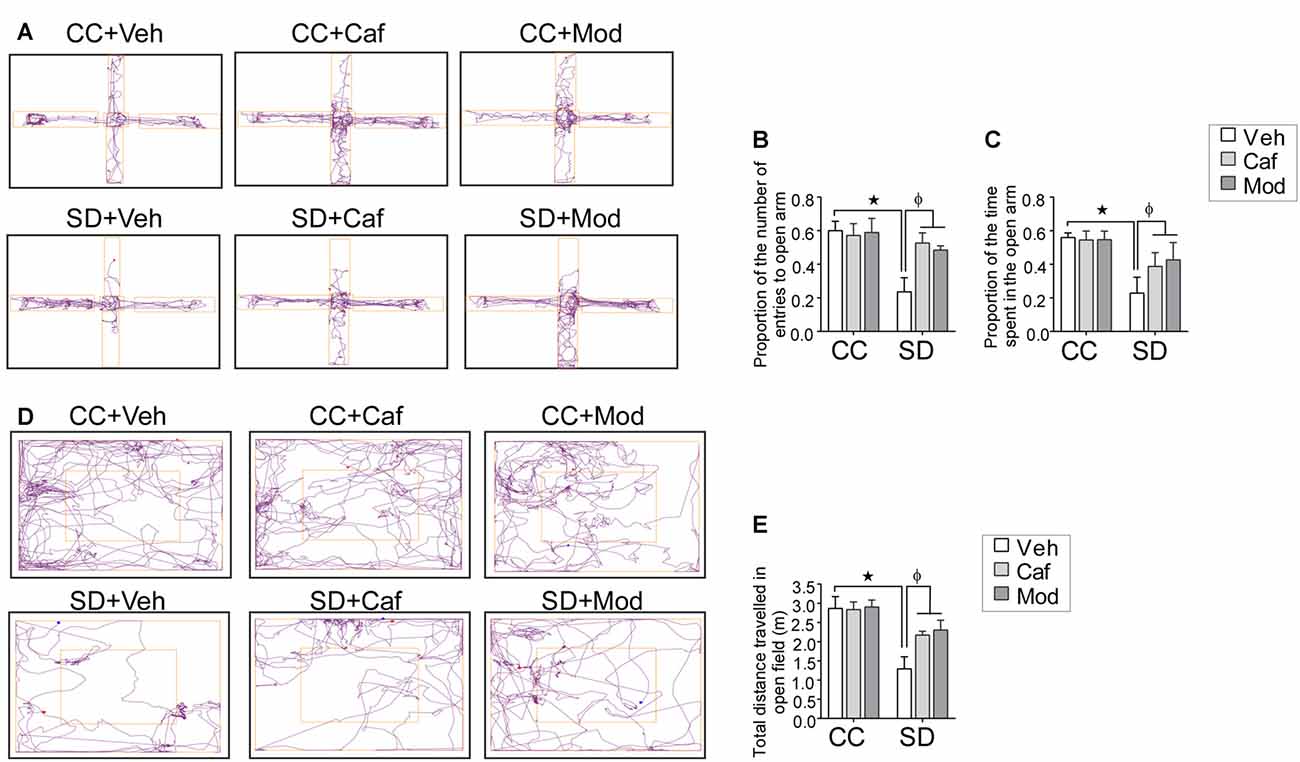alexandra7534
About alexandra7534
The Science and Use Of Modafinil: A Comprehensive Case Examine
Modafinil is a wakefulness-promoting agent that has garnered vital attention since its introduction within the late nineties. Initially developed to deal with narcolepsy, a sleep disorder characterized by excessive daytime sleepiness, modafinil has expanded its functions to include various circumstances and even off-label makes use of amongst wholesome individuals searching for cognitive enhancement. This case study explores the pharmacological properties, clinical functions, moral issues, and societal impression of modafinil.
Pharmacological Properties
Modafinil, chemically known as 2-[(diphenylmethyl)sulfinyl]acetamide, is classified as a eugeroic, a time period used to describe substances that promote wakefulness with out the stimulating results related to traditional stimulants like amphetamines. The precise mechanism of motion of modafinil just isn’t fully understood, but it is believed to contain the modulation of neurotransmitters within the brain, notably dopamine and norepinephrine. If you cherished this article and you would like to receive much more facts pertaining to buymodaonline kindly stop by our web-page. In contrast to traditional stimulants, modafinil does not lead to the identical diploma of euphoria or potential for abuse, making it a safer different for a lot of patients.

Clinical Functions
The first authorised use of modafinil is in the therapy of narcolepsy, the place it helps patients maintain wakefulness during the day. Clinical trials have proven that modafinil successfully reduces excessive daytime sleepiness and improves general high quality of life for individuals with this disorder. Beyond narcolepsy, modafinil is also prescribed for other sleep-associated circumstances, resembling obstructive sleep apnea and shift work sleep disorder.
In addition to its use in sleep disorders, modafinil has been investigated for its potential benefits in different areas. Research has explored its efficacy in treating attention-deficit hyperactivity disorder (ADHD), depression, and even cognitive decline associated with aging. The findings counsel that modafinil could enhance cognitive operate, notably in tasks requiring sustained consideration and executive function, resulting in its off-label use among healthy individuals, particularly students and professionals.
Off-Label Use and Cognitive Enhancement
The off-label use of modafinil for cognitive enhancement has develop into a subject of significant curiosity and debate. Many wholesome people, notably in competitive environments similar to academia and the company world, have turned to modafinil as a means to enhance focus, alertness, and productivity. Anecdotal reviews and a few studies recommend that modafinil can enhance cognitive efficiency in tasks requiring attention and dealing reminiscence, leading to its repute as a ”sensible drug.”
However, the ethical implications of utilizing modafinil for cognitive enhancement raise important questions. Critics argue that using such substances could create an uneven taking part in discipline, the place people who have entry to these medication might gain an unfair benefit over those who do not. Additionally, the lengthy-time period results of modafinil on healthy individuals stay largely unknown, elevating considerations about potential unwanted side effects and dependency.
Unintended effects and Security Profile
Modafinil is mostly well-tolerated, with a security profile that’s extra favorable than traditional stimulants. Common negative effects embody headache, nausea, dizziness, and insomnia, but these are usually mild and transient. Severe opposed effects, similar to skin rashes and allergic reactions, have been reported however are uncommon. Importantly, modafinil shouldn’t be related to the same threat of addiction or withdrawal signs seen with other stimulants, making it a probably safer option for individuals requiring wakefulness.

Regardless of its relative security, using modafinil must be approached with warning, significantly in people with underlying health conditions or these taking other medications. As with all pharmacological intervention, it is important for individuals to consult healthcare professionals before initiating modafinil, especially for off-label use.
Societal Affect and Future Directions
The growing popularity of modafinil, particularly among wholesome people, displays broader societal developments in direction of productiveness and efficiency enhancement. Because the calls for of modern life continue to escalate, the desire for cognitive enhancement through pharmacological means is prone to grow. This pattern raises essential questions about the longer term of labor, education, and well being.
As analysis on modafinil continues, future studies will probably focus on understanding its lengthy-time period results on cognitive function in healthy individuals, as well as its potential purposes in numerous clinical settings. Additionally, the ethical considerations surrounding its use will need to be addressed, significantly when it comes to regulation and access.
Conclusion
Modafinil represents an interesting intersection of pharmacology, ethics, and societal traits. Its growth as a remedy for narcolepsy has paved the way for broader functions, including off-label use for cognitive enhancement. Whereas its safety profile is generally favorable, the implications of its widespread use among healthy people warrant careful consideration. As society grapples with the challenges of productiveness and efficiency, modafinil stands on the forefront of a fancy dialogue about the way forward for cognitive enhancement and the ethical duties that accompany it. Continued research and open discussions will likely be essential in navigating the evolving landscape of modafinil use and its impression on individuals and society as a whole.
No listing found.
